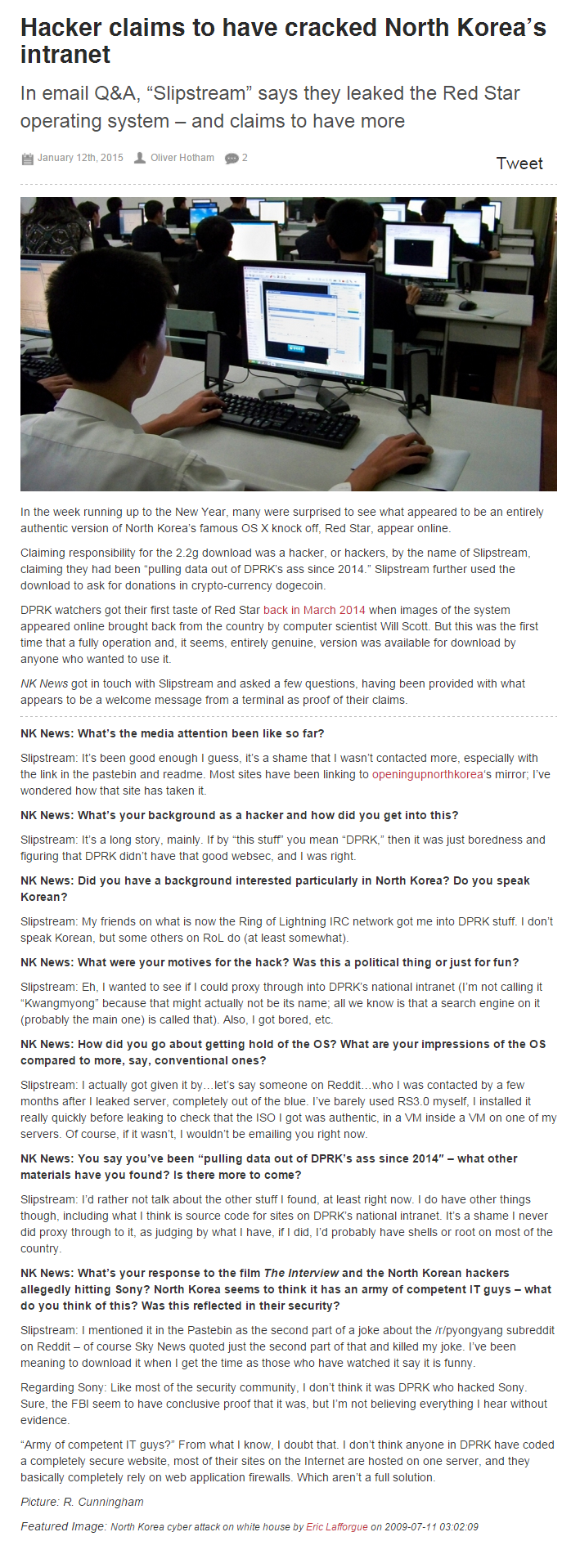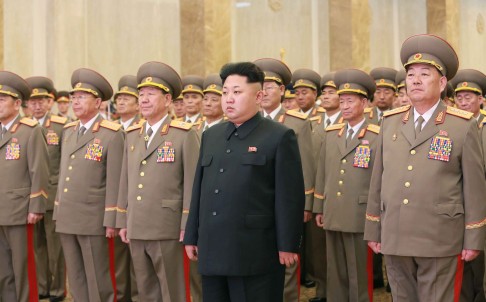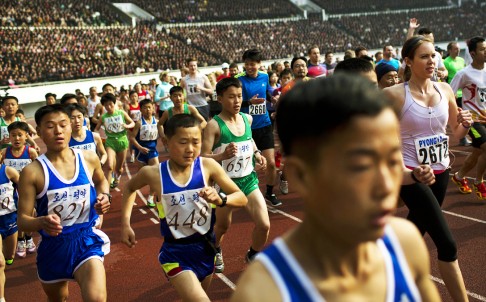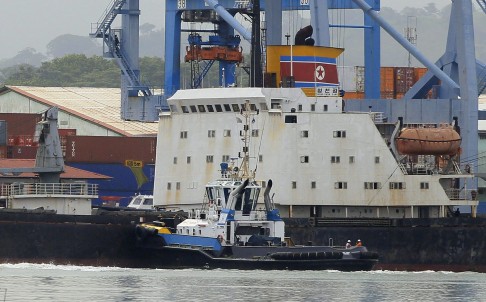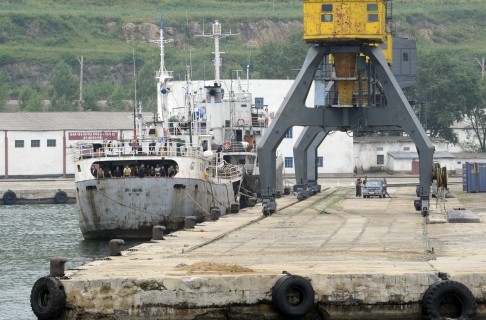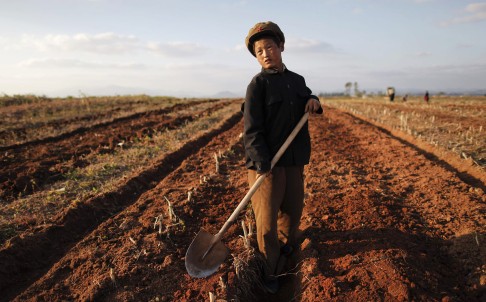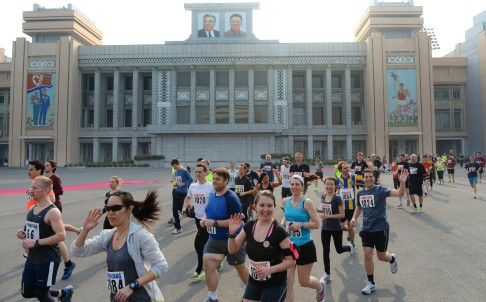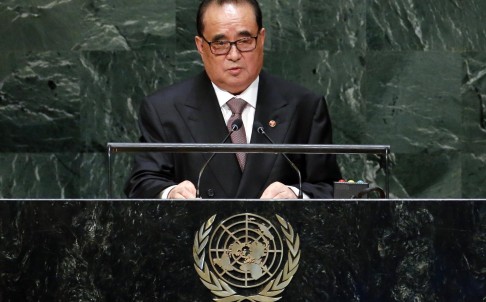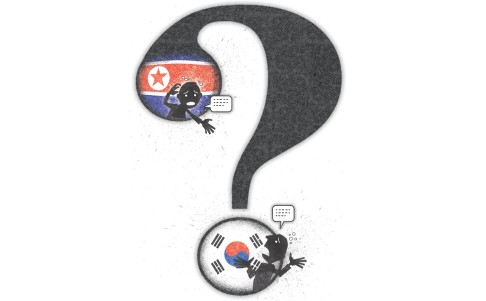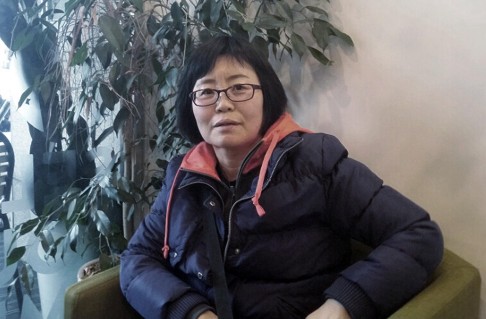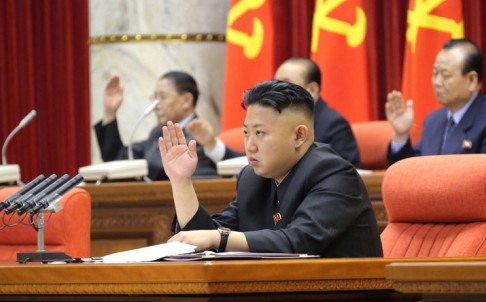Cautious Optimism for Foreign Entrepreneurs in North Korea
Jonathan Corrado | 2015-02-09 14:05
Cautious optimism defined the mood at “Doing Business in North Korea,” a conference hosted by Kyungnam University’s Institute for Far Eastern Studies [IFES]. News cameras craned about as audience members filed in, packing the auditorium to capacity. It was the first gathering of its sort: a panel of entrepreneurs who risked financial ruin and more by engaging in “adventure capitalism” in North Korea.
Unification Minister Ryoo Kilh Jae kicked the event off with a congratulatory address in which he urged the ROK to mark the 70th anniversary of the division of the two Koreas by entering the age of unification. Minister Ryoo said this can only be accomplished by simultaneously evaluating the realities of North Korea and actively seeking out dialogue--goals which can often be at odds with one another. The Minister acknowledged that business ties are one way to strengthen the bilateral relationship, which have unsurprisingly soured since the 2010 Yeonpyeong bombardment.
This first thing to know is that doing business in North Korea is not easy. Venture capitalists normally expect to see a healthy return on 30% of their projects. One expert speaking at the event said that foreign investors into North Korea can expect to see a 10% rate. The next thing to know is that things are, very gradually, getting better, though not without significant growing pains. According to the Korea Trade-Investment Promotion Agency [KOTRA], North Korea is responding to a drop in foreign demand for its chief export, coal, by diversifying and innovating. Most importantly, they are looking for partners.
One industry on the up is textiles, which jumped from 17% of NK’s total exports to 27% percent over the past year. Mark Kim, a Korean American at the helm of Sunyang Shoe Company, struggled for seven years before setting up a 76 employee sneaker factory in Rasun, North Korea. Mr. Kim was initially denied permission because his company’s scale was too small. He took some time to build up a headquarters in China before receiving the requisite licenses. Only then could he take advantage of North Korea’s high quality workmanship and rock bottom labor costs. Illuminating one major concern of NK-based manufacturers, Mr. Kim said the sneakers he makes must be exported since most North Koreans don’t earn enough to purchase them.
Despite earnest effort, another speaker had difficulty paying his factory workers a fair amount. He intended to pay each employee 40 € a week, but the North Korean officials, in charge of converting and issuing payment to the workers on behalf of the company, used unrealistic conversion rates in order to skim off the top, leaving the employees with next to nothing. The speaker balanced the deficit out by supplementing the payment with rice and other goods.
Despite the lingering perception that North Korea is the world’s last stalwart of Leninist communism – characterized by rigidity and centralization – the truth is that the marketplace is becoming increasingly flexible and decentralized, according to many of the panel’s speakers. The July 2002 reforms and last year’s May 30th Measures introduced substantial economic reforms: graduated exposure to foreign investors and markets, increase in exporting manufactured goods, introduction of special economic zones, and decentralization of planning and regulatory agencies. Indeed, much business is now done on the local level by private companies who are contracted out by competitive, profit-seeking state officials. Instead of obeying top-down directives, a growing number of factories and enterprises will manage their own clientele, find their own raw materials, sell at market rates, and pay their own workers directly. This opens the doors to foreign involvement in ways that were previously unthinkable.
One speaker brought up the case of alleged fiscal reformer Cabinet Prime Minister Park Pong Ju, who has tended to clash with those looking to retain the status quo. In fact, Prime Minister Park was announced dead in 2009 during a particularly hardline conservative swing. He has since “risen from the dead” and reassumed the helm. The result of all this infighting is that the July 2002 reforms and last year’s May 30th Measures have been diluted by a 2005 free market crackdown and aggressive currency reform in 2009, according to a number of those presenting at the conference. Andray Abrahamian runs a nonprofit business training program in the North Korea, and believes the ebb and flow of reform and withdrawal will only die down when the policies of liberal reformers, like Park Pong Ju, bring sufficient financial return to the current system’s stakeholders-- the ones who announced him dead in 2009.
Acquiring the requisite licensing from the DPRK and remaining compliant with UN and country-specific sanctions is an arduous and time consuming process, the lecture revealed. Any money sent in and out of the DPRK is monitored by the US Treasury Department. The UN has had sanctions in place since 2009, with each country having additional, sundry regulations. Dual use goods, those that could potentially be used for military application, are monitored closely. Given that electricity is more luxury than commodity in the North, anyone hoping to set up shop will need to bring their own generator. This dual use item requires extra verification. Good Manufacturing Practice [GMP] clearance took two years for an entrepreneur in the pharmaceutical industry to acquire. Three years later, he finally got out of the red.
Since 2013, a number of Special Economic Zones [SEZs] have been unveiled. SEZs dedicated to tourism, agriculture, export, industry, etc. offer special economic incentives and tax advantages to local businesses. But the agency tasked with overseeing the SEZs [the Joint Venture and Investment Commission JVIC] has since been surpassed and swallowed up by the State Economic Development Commission [SEDC], which in turn was brought into the Ministry of Foreign Trade, which was renamed the Ministry of External Economic Affairs. In such a climate, members of the event’s panel explained that it can be confusing and frustrating for business owners to remain compliant and engaged with the right regulatory commission.
Simon Cockerell has been conducting tours for Westerners through Koryo Tours since 2002. Working closely with their NK partners at the Korea International Travel Company [KITC], Koryo has emerged as the market leader. While the tens of thousands of Chinese tourists who come annually enjoy scenic spots like mountains and rivers, Westerners are more interested in things like the Arirang mass games and the Kumsusan Memorial Palace. Cockerell says that many of the new SEZs created for tourism are not suitable in any practical sense. They show a misunderstanding of tourist preference, are difficult to get to, and lack infrastructure.
Since October 21st, the North Korean Non-permanent National Emergency Epidemic Prevention Committee has required anyone re-entering the North to sit in quarantine for 21 days. This policy, designed to protect the country from an Ebola outbreak, is wreaking havoc on foreign businesses and NGOs. Simon Cockerell recalled a similar episode when Koryo Tours had to stop operations for a matter of months in 2003 during the SARS outbreak. The panel’s speakers explained that these kinds of policy decisions distance North Korea from the exact types of individuals and businesses that they will need to develop relationships with if they hope to grow the economy.
During the question and answer portion of Simon Cockerell’s presentation, someone asked whether doing business in North Korea is equivalent to directly funding Kim Jong Eun’s regime. Cockerell responded that though Western tourism is a relatively small industry [about 5,000 visitors/year], his customers supply hundreds of jobs to hotel and restaurant employees. A nominal amount does end up in Party coffers, but he contends that it is certainly not enough to prop the regime up single-handedly. This reflected the attitude of most of the event’s speakers, many of whom took pains to treat their North Korean employees as well as possible.
T. James Min II is Global Head of International Trade Law for logistics company DHL, which has had successful operations in the Pyongyang since 1997. Mr. Min stated that continued economic cooperation and further growth is inextricably linked to the political question.
The event’s speakers asserted isolationism to be the sticking point moving onward, stating that without uninhibited communication between locals and foreigners, the market will never flourish. While it might seem straightforward that the Chosun Workers’ Party would like to see unbounded growth, the truth is not so simple. The speakers pointed out that the regime is justifiably wary to see the market become an unregulated zone of communication and potential political activity. They view an increased exposure to foreign ideals as a threat to the Juche ideology. They view the upward mobility that comes with free markets as a threat to the songbun [family political background and loyalty] system. It remains unclear how the Ministry of External Economic Affairs will deal with these perceived powder kegs in the years ahead. Those with experience in these matters that spoke at the event maintain this to be why liberalization efforts have been so jerky and arduous and why regulatory agencies are continually restructured - the regime is struggling to stay ahead of the country’s economic progress. One speaker went so far as to say, “Let capitalism do its job in taming North Korea.” Only time will tell if these early investors were wise to jump the gun and get in early, or mistaken to be so optimistic in the face of such diminutive odds.


